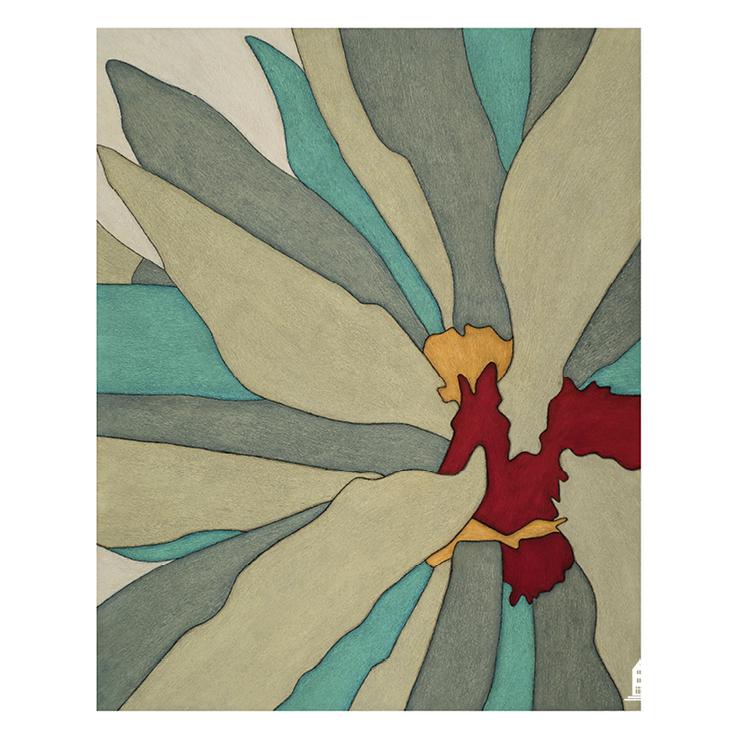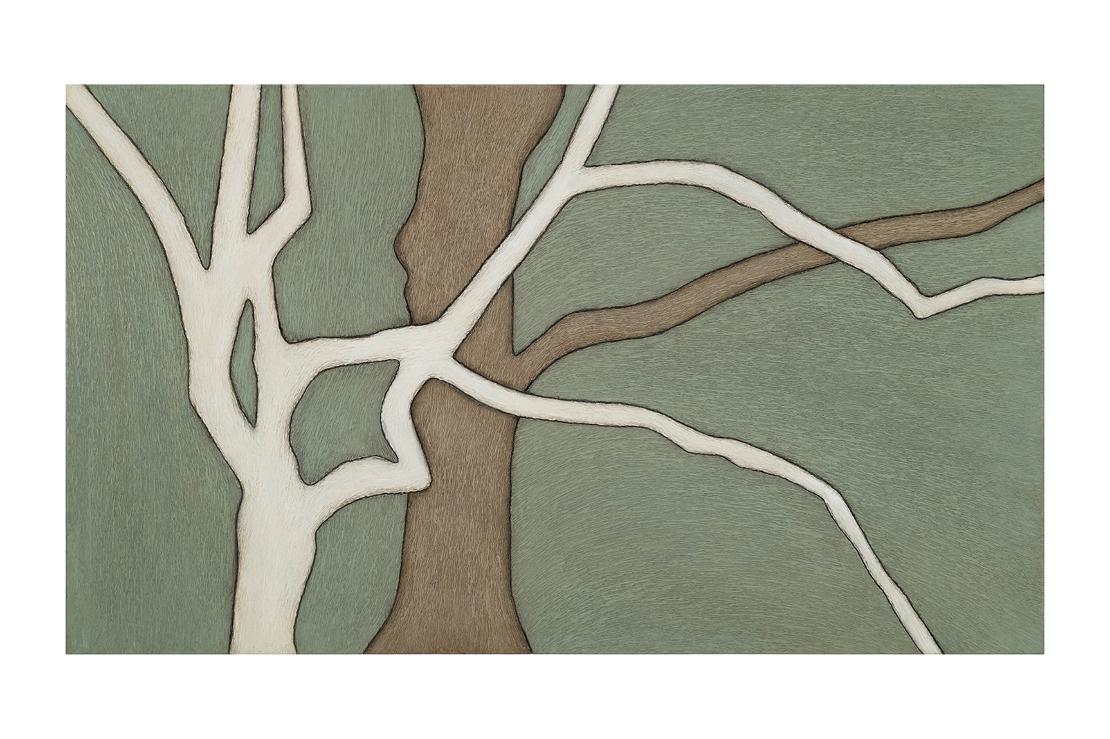They seemed like ominous days of reckoning: The orange haze darkening the skies and the smoke-choked air came as a rude intruder into early summer. When the miasma of the Canadian wildfires thousands of miles away endangered the health of millions, even the most skeptical were forced to take cover and take stock.
The Climate Conundrum
The climate debate has ceased to make sense, and instead makes a lot of noise. Ostensibly, it’s about the planet we all share, but common ground here is conspicuously lacking. References to the climate are used to gin up applause and elicit boos. They are trying to poison your air, or else they aim to steal your gas stove. Climate policy is a coup, or a catastrophe. Jewish wisdom, however, offers a better way.
Behind climate’s caricatures rests a complicated truth: our relationship to the environment is every bit as complicated as we are, and as varied as the environment itself. We need sunsets and fuel, water and wind, what lies below the earth, what sits atop it, and what hangs in the skies. How to use and not abuse, extract but not extort—those are the distinctions that will make a difference.
A full exploration of all that Judaism has to say on the environment would be beyond the scope of this piece, or any. A glance at its wisdom, though, discloses a sensitivity to complexity that could serve as a tonic to heal the world and ourselves. The Jewish tradition is both mindful of the environment and attuned to a persistent vision of human thriving, always rendered as part and parcel of an enduring and elastic community.
Toward a Torah of the Planet
Judaism emerged from, and for a millennium co-existed with, the galaxy of pagan theology that saw divinity in the trees and streams, soil and sunlight. It had to repudiate this paradigm while still asserting that the world had dignity and worth, even as mankind had potential and purpose. That’s where Bereishit comes in, with its double-barreled command that Adam be both nature’s master and its watchman.
How to use and not abuse, extract but not extort—those are the distinctions that will make a difference.
From the beginning, then, there is a relationship established between human beings and the world. The very first commandment can be read as the very first environmental law: you can eat from most trees, but not every single one. The Tree of Knowledge, we might say, was an endangered species. The punishment for disobeying G-d was exile from Eden, a loss of the first habitat our species ever knew. Because of their choices, their world became uninhabitable.
The midrash in Kohelet Rabba (7:13) marks this point, noting how the “Holy Blessed One took the first human and, passing before all the trees of the Garden of Eden, said: ‘See my works, how fine and excellent they are? All that I created, I created for you. Reflect on this and do not corrupt or desolate my world; for if you do, there will be no one to repair it after you.’”
This is a command against procrastination and for facing up to the irrevocability of the wounds with which we gash the world. Some kinds of harm cannot be undone. Just as time cannot be unwound, a soiled planet cannot easily be made clean. The rabbis seem to say, “Do not touch everything you can, just because you can.” The Torah intuited the notion of the “Anthropocene,” the idea that humans change and are changed by the environment.
Trees appear at the taproot of how the Torah thinks about the environment more generally. Devarim (20:19) ordains that “When you lay siege to a city for an extended time while fighting against it to capture it, you must not destroy its trees by putting an ax to them, because you can eat their fruit. You must not cut them down. Are the trees of the field human [literally: “Is man a tree of the field”], that you should besiege them?”
In other words, battle between men does not entail destroying the environment; it is not a party to broken treaties or imperatives of conquest. Scorched earth policy is a kind of war crime precisely because trees are not people. That verse in Devarim is also read by some commentaries in the affirmative, however: “man is a tree of the field,” an equation that leads to a higher complexity. We are of the environment, and apart from it enough to bear responsibility for it.
Community as Conservation
There is another voice through which Jewish wisdom speaks, though, and it is one that etches a sharper contrast between the human and the habitas. The Mishneh in Avot (3:7) teaches that “He who travels on the road while reviewing what he has learned, and interrupts his study and says: ‘How fine is that tree, how fair that field!’ Scripture regards him as if he committed a grave sin.”
The very first commandment can be read as the very first environmental law: you can eat from most trees, but not every single one.
There is a hierarchy, Avot telegraphs, and the beauty of the natural world, as entrancing as it is, cannot be allowed to distract from the higher things—the study of G-d’s word. This is a prescription for priorities. It rhymes with contemporary debates about how to balance economic growth with environmental conservation, alleviation of poverty with responsible stewardship, personal freedom with collective responsibility.
Yet even as this strand of Jewish thought warns against fetishizing nature, Jewish law watches over the earth and its needs with a zealous eye. The environment is a stakeholder in Jewish civilization. The agricultural laws, laid out in the last three books of the Torah, present a sharply etched worldview. Here, the Jewish approach to the environment comes into its own: Soil and people sustain one another; the promised land is to be cherished, supported, preserved, as though the earth itself were part of the community of Israel.
In addition to the ban on felling fruit trees during war, Leviticus mandates that “When you enter the land and plant any tree for food, you shall regard its fruit as forbidden. Three years it shall be forbidden for you, not to be eaten.” This is an incentive for restraint rather than ravishing when it comes to even those flora that are the product of human hands. A link is drawn between cultivation of personal character and forbearance in cultivating the soil.
That same chapter commands that “When you reap the harvest of your land, you shall not reap all the way to the edges of your field, or gather the gleanings of your harvest. You shall not pick your vineyard bare, or gather the fallen fruit of your vineyard; you shall leave them for the poor and the stranger.”

If national parks mark the untouched spaces of a continent, the edges of these fields are also a boundary space that curb untrammeled property rights. Not nature for its own sake, but to create something for the poor. The environment can breathe, and the indigent can eat.
This instinct for a rest is written on a broader canvas with the laws of shmita and yovel, the seven- and fifty-year cycles where the utilitarian relationship between human beings and the earth, in force since the final days of hunting and gathering, is suspended. Once again, this rest for the earth is tied to social support, as a whole regime of ownership and wealth distribution is rejiggered.
The Torah appears to say that the world is a web, a sequence of intricate connections between owner and property, rich and poor, growth and rest, harvest and the hands-off creation of a haven where crops grow wild and people’s stomachs can grow full.
That is what an ecosystem is, after all, a larger matrix of meaning and connection. The story of the Exodus, “My father . . . went down to Egypt with meager numbers and sojourned there; but there he became a great and very populous nation,” was recited when farmers brought their first fruits to the Temple, perhaps still bearing some traces of dirt. Political and cultural history—the Exodus—meets the land and its products.
Disruption and Destiny
Fresh vistas could yet come into focus. In a broadcast from 1981, at the height of the oil crisis, the Lubavitcher Rebbe, Menachem Schneerson, said of solar power that it was “a resource that this nation in particular, in its southern regions, has in very great abundance” and that it could unlock new possibilities if approached with faith and belief in “G-d’s help.”
More than forty years ago, the Rebbe intuited that the story of man and the environment was not only one of scarcity and preservation, but that it could take unexpected turns into sunlit terrain. Israel made the desert bloom through finding water where it seemed none could be detected, and now offshore gas discoveries could promise more liberty and leverage. Innovation towards a better world is a religious imperative, dating back to Eden.
Even as Jewish thought warns against fetishizing nature, Jewish law watches over the earth and its needs with a zealous eye.
The Jewish vision, then, is bifocal, thrumming with paradox and alive to dueling imperatives. It sees the world as of inherent value and views it as a stage on which the human drama plays out. The first perspective is articulated by the American intellectual Ralph Waldo Emerson, who rhetorically asks, “Have mountains, and waves, and skies, no significance but what we consciously give them?”
The second finds expression in the words of the Rav, Rabbi Joseph Soloveitchik, who in his meditations on Bereishit writes of the human desire to make the world a “domain for their power and sovereignty.” The mythical Narcissus looked into a pool of water and saw only himself. Now, we have telescopes that can peer into the most distant galaxies. Can we retain our wonder, and use it to power our worry for suffering of all kinds?
But to speak only of the choreography between people and the natural world is to miss the central role of the Almighty, who not only created the cosmos but also acts to conserve it. In Psalms, King David writes that “The heavens are the Lord’s heavens, but the earth He has given to the children of Adam.” And yet, air pollution and shredded ozone layers, not to mention cities blanketed with smog, have taught us that what the children of Adam do on Earth rarely stays there.
In a broader sense, however, this verse outlines key tenets of the Jewish approach to this world of ours. Created by G-d—as are we—Earth is given as a gift for which we bear an enduring responsibility. It is our inheritance. Adam’s initial choice in Eden was the first of many that must be made, not apart from the world, but smack dab in the middle of this pulsing planet, full of peril and possibility.
Mr. Hoffman is an associate editor of the New York Sun, where he covers politics and culture. He has written for the Wall Street Journal, New York Observer, Newsweek, Tablet, and the Tel Aviv Review of Books.
Tobi Kahn is a painter and sculptor whose collaborative work blends modern art with spirituality. His work can be found in the Solomon R. Guggenheim Museum, the Houston Museum of Fine Arts, the Phillips Collection, and the Jewish Museum, among others.
This article appears in the Fall/Winter 2023 issue of Lubavitch International, to subscribe to the magazine, click here.

Martial
A needed text in this dark time for us.
Many thanks.